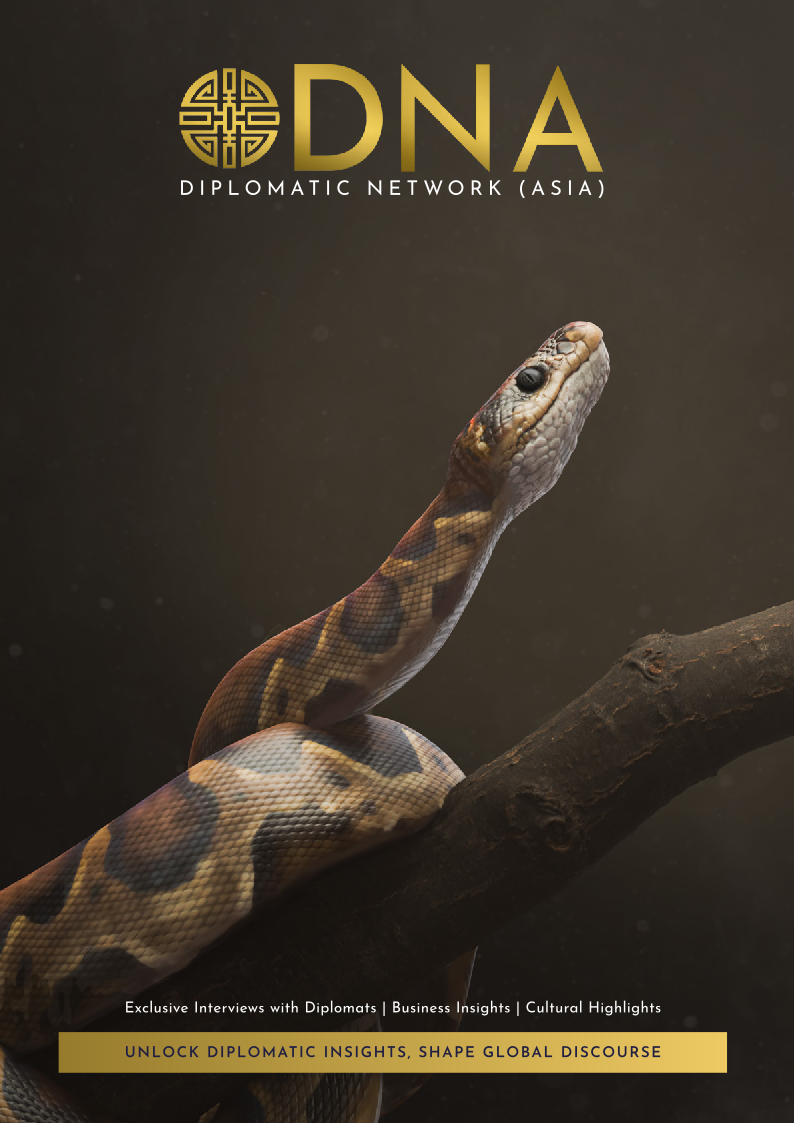In the fast-paced world of diplomacy, where constant travel, endless meetings, and relentless time constraints are the norm, tools like ChatGPT and DeepSeek offer a modern way to enhance productivity—creating more space for much-needed rest.
While these tools aren’t a replacement for writing speeches or conducting deep research, they provide a valuable addition to your daily toolkit. If your diplomatic toolbox has not yet made room for these innovations, now is the time to dust off a corner for them.
Next time you’re pressed for time or in need of a quick solution, here are five prompts to experiment with:
1. Briefing on local political and economic developments
“Summarize the latest political and economic developments in [country]. Focus on key policy changes, diplomatic shifts, and economic indicators that might impact foreign relations. Provide context and potential implications for a diplomat stationed in [city].”
Why? This keeps a diplomat informed about the host country’s evolving landscape in a quick, digestible manner.
2. Crafting diplomatic speeches and talking points
“Draft a concise and impactful speech for a diplomatic reception in [country]. The speech should acknowledge cultural ties, highlight economic cooperation, and reinforce key policy messages on [topic]. Keep the tone formal yet engaging, and include a relevant local proverb or historical reference for connection.”
Why? Speeches are a core part of diplomacy. This prompt ensures that they are tailored, culturally appropriate, and compelling.
3. Analyzing policy papers and treaties
“Summarize this policy document/treaty in clear and simple terms, highlighting its key provisions, diplomatic significance, and potential implications for [user’s country] and its foreign policy interests.”
Why? Diplomatic work involves reviewing dense policy documents. This prompt helps cut through complexity to extract the key takeaways quickly.
4. Understanding cultural and business etiquette
“I have an upcoming diplomatic meeting with officials from [country]. Summarize the key cultural norms, business etiquette, and potential conversation pitfalls I should be aware of. Include dos and don’ts, formal address customs, and any small talk tips that might build rapport.”
Why? Cultural awareness is critical for diplomacy. This prompt ensures smooth interactions and avoids unintentional missteps.
5. Crisis communication strategy
“A diplomatic crisis has emerged between [user’s country] and [host country] over [issue]. Provide a crisis communication strategy that includes key messaging points, a recommended response for media inquiries, and diplomatic steps to de-escalate tensions while maintaining strategic interests.”
Why? Crisis management is a core part of diplomacy. This prompt helps quickly formulate a well-calibrated response under pressure.







